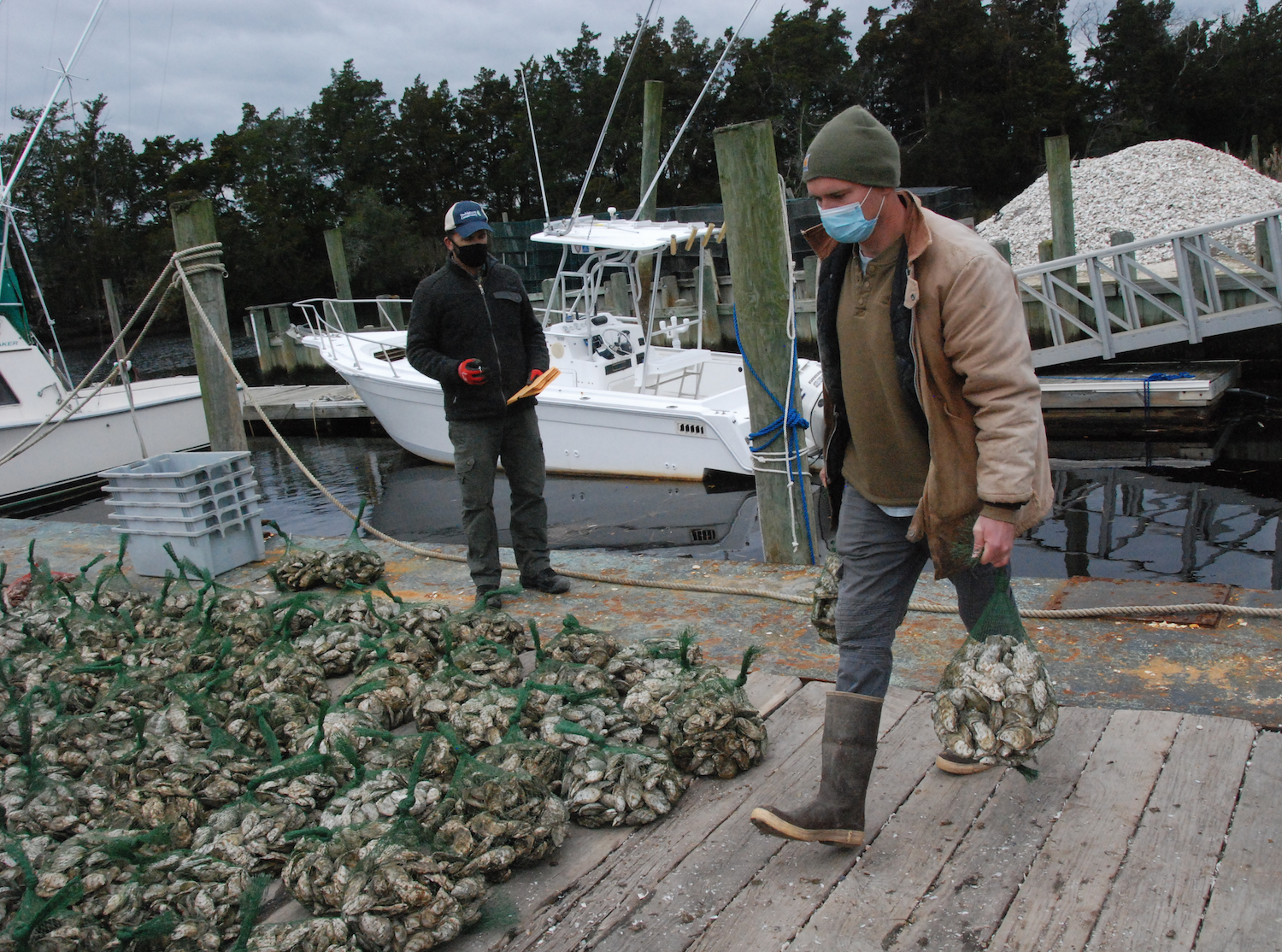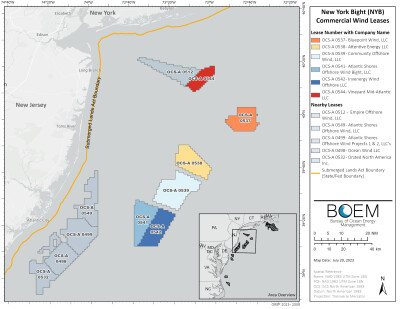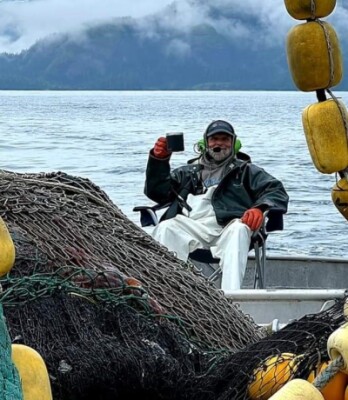In a year of brutal downturns in demand, struggling oyster growers have one faint bright spot: A $2 million national initiative to buy 5 million surplus oysters for use in habitat restoration projects.
On Thursday 240,000 of those shellfish were barged to a reef in Little Egg Harbor for planting on the Tuckerton Reef site. Growers converged the day before at the Parsons Mariculture dock in Tuckerton, N.J., meeting with owner Dale Parsons and Bill Shadel, coastal project manager for The Nature Conservancy.
In October the group announced it was starting the Supporting Oyster Aquaculture and Restoration (SOAR) initiative, a two-year program to extend $2 million in payments to oyster farmers, support more than 100 shellfish companies and preserve over 200 industry jobs in northern New England, the Mid-Atlantic and Washington state.
Oysters purchased in partnership with The Pew Charitable Trusts will be replanted to rebuild 27 acres of native shellfish reefs on 20 restoration sites around the coasts.
The program is “benefitting the ecosystem and giving us a boost,” said Tommy Burke, who operates his Sloop Point Oyster Farms in upper Barnegat Bay.
A generation of young entrepreneurs developed shellfish leases and brought commercial oyster harvests back to the bay a half-century after the old wild fishery failed in the 1950s. But the revival is closely tied to the regional restaurant trade and covid-19 restrictions hit hard.
“The whole year has been bad. Summer is our high season, and that was bad,” said Burke. “And the way things are going, it looks like the winter will be worse.”
Burke delivered his share of 23,700 two-year old oysters, arrayed in green mesh sacks on Parson’s barge as Shadel tallied and recorded the numbers.
The next day Parsons and his crew pushed the barge down Tuckerton Creek with their 25-foot Carolina Skiff, to the site started in 2017 by the non-profit Parsons Oyster Reef Recovery Program, working with the Barnegat Bay Partnership and Stockton University.
In Massachusetts, The Nature Conservancy is working with the state Division of Marine Fisheries and the Massachusetts Aquaculture Association to help oyster growers over the coming months, by buying their unsold oysters and replanting them for ecological benefits, the conservancy said this week.
“It is great that this program has come together at this time,” said Bob Rheault, executive director of the East Coast Shellfish Growers Association, said when the program was announced.
“The shellfish farming community has been struggling tremendously, and many folks are worrying about making it through the year,” said Rheault. “This program will allow growers to clear some over-grown product off their leases, put some needed money in their pockets, and provide environmental benefits to our coastal waters.”







